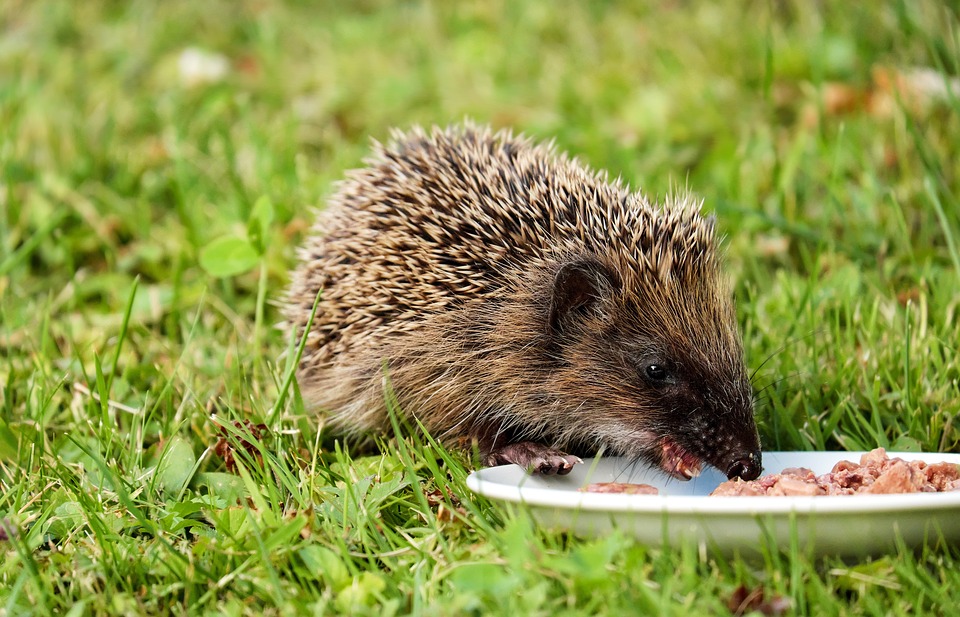Rabies is a viral disease that affects the central nervous system of mammals, including humans. It is most commonly transmitted through the bite of an infected animal, such as a dog, cat, bat, raccoon, or skunk. In Ohio, the Department of Health is actively working to prevent the spread of rabies and educate the public about the risks associated with animal bites.
One of the key aspects of rabies prevention is understanding how the virus is transmitted. When an infected animal bites a human, the virus is passed through the saliva and enters the bloodstream. Once the virus reaches the central nervous system, it can cause severe neurological symptoms and, if left untreated, can be fatal. That is why it is crucial to seek medical attention immediately after being bitten by an animal, especially if the animal is wild or unknown.
The Ohio Department of Health recommends that individuals who have been bitten by an animal wash the wound thoroughly with soap and water and seek medical attention as soon as possible. In some cases, a series of rabies vaccinations may be necessary to prevent the virus from taking hold in the body. These vaccinations are highly effective at preventing rabies if administered promptly after exposure.
It is also important to note that not all animals that carry rabies show obvious symptoms of the disease. This is why it is essential to take precautions when interacting with any animal, especially those that are wild or stray. Avoiding contact with unfamiliar animals, vaccinating pets against rabies, and keeping pets on a leash or indoors can help reduce the risk of exposure to the virus.
In addition to preventing rabies through vaccination and responsible pet ownership, the Ohio Department of Health also works to monitor and control the spread of the virus in the state. This includes conducting surveillance of wildlife populations, testing animals for rabies, and responding to reports of animal bites in a timely manner. By taking these proactive measures, the Department of Health aims to protect the public from the dangers of rabies and ensure a safe environment for both humans and animals.
In conclusion, rabies is a serious disease that can have devastating consequences if left untreated. By understanding how the virus is transmitted, taking precautions to prevent exposure, and seeking medical attention after an animal bite, individuals can protect themselves and their loved ones from the risks associated with rabies. The Ohio Department of Health plays a crucial role in educating the public about rabies prevention and control, working to keep communities safe and healthy.





